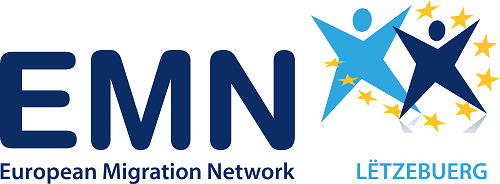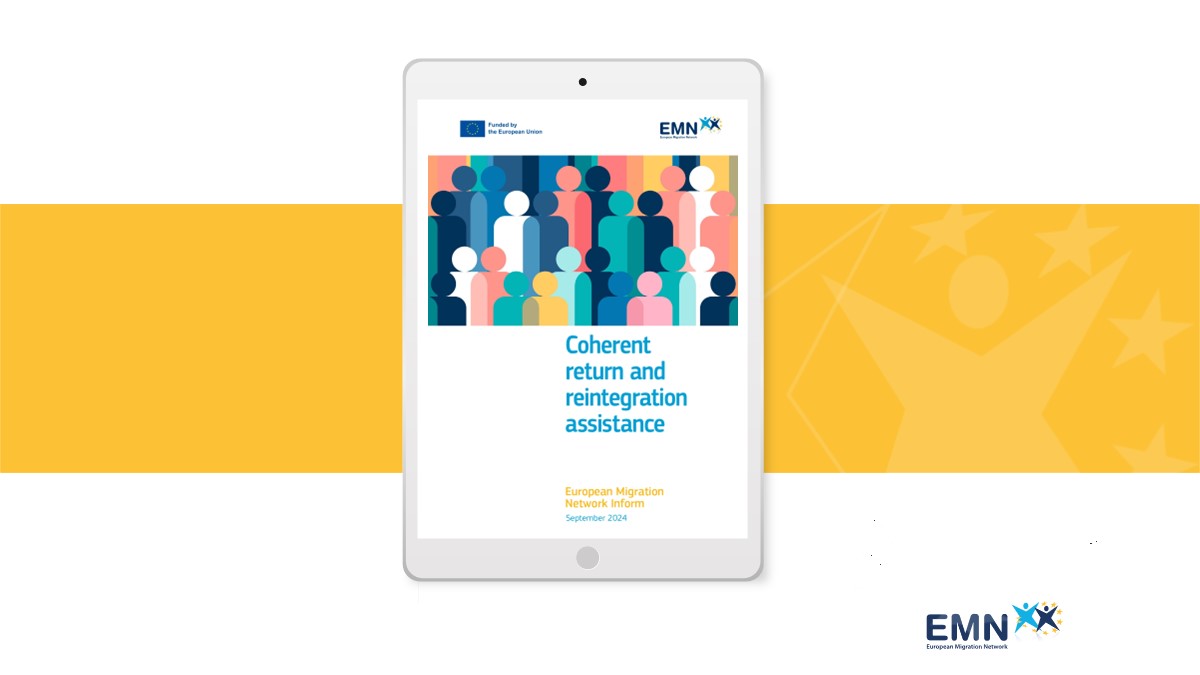European Migration Network (EMN) inform “Coherent Return and Reintegration Assistance” explores good practices and challenges in the coordination between different stakeholders and between different stages of return and reintegration of third-country nationals in EMN Member (EU Member States except Denmark) and Observer Countries (NO, GE, MD, UA, ME, AM, RS). This inform explains how improved coordination among stakeholders, enhanced institutional frameworks, and effective national strategies can facilitate a consistent and structured approach to return and reintegration across Europe.
The backdrop for this inform is the EU Strategy for Voluntary Return and Reintegration, introduced in 2021. The strategy emphasises the importance of coherence as the foundation for an effective and sustainable return and reintegration policy. Coherence, in this context, is understood as the systematic alignment of various actors and phases involved in return and reintegration at national level.
The inform found that a majority of EMN Member and Observer Countries have implemented a coherent approach to return and reintegration assistance, characterised by institutional cooperation, coordination, and clearly defined responsibilities among national actors, as outlined in legislation, national return strategies, Standard Operating Procedures (SOPs), and practical guidelines. Additionally, approximately half of these countries have established specific working mechanisms or platforms, such as working groups or regular stakeholder meetings, to ensure and monitor effective collaboration among all involved parties. Such frameworks support the distribution of responsibilities and coordination among agencies, ensuring that returnees receive consistent support.
Yet there are still challenges to address, including communication and coordination difficulties between agencies, a shortage of trained personnel, fragmented monitoring systems, and funding constraints. For instance, Germany’s federal system involves numerous stakeholders, which can complicate coordination, while Sweden notes that differing priorities among agencies can impede a unified approach. Moreover, some countries, like Belgium, have highlighted the need for better harmonisation of return and reintegration standards at the EU level to avoid duplication and inefficiency.
The vast majority of EMN Member and Observer Countries reported that their return and reintegration policy is aligned with other national policies, mainly internal security and development assistance policies.
French translation of the Inform was kindly provided by EMN France.

